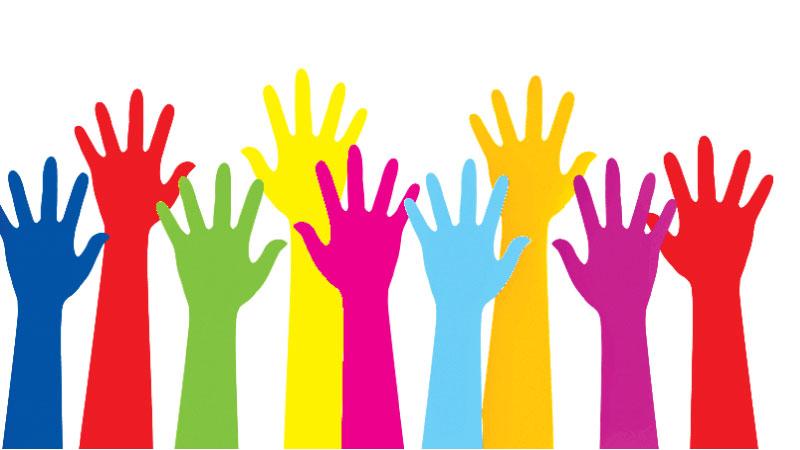
Today, child abuse is a serious problem.. The electronic and print media organisations give publicity to child abuse virtually daily but some of it may not be that ethical and may cause psychological harm to victims. A few days ago we heard the sad news about a child who was killed after serious abuse. It was highlighted by the media and much public interest was aroused. However, those reports have not shown any positive approaches on how to stop abuse. The Youth Observer had an online discussion about this topic with an expert teacher, Oshani Abeyratne, in Australia. She is a primary and secondary English Teacher domiciled in Australia and has agreed to share her knowledge about child abuse with our readers. This is the first in the series of discussions.
Q: We hear about child abuse regularly. Could you please explain about it?
A: Abuse isn’t always physical or sexual. The World Health Organization (2006), states that child abuse is “All forms of physical and/or emotional ill-treatment, sexual abuse, neglect or negligent treatment or commercial or other exploitation, resulting in actual or potential harm to the child’s health, survival, development or dignity in the context of a relationship of responsibility, trust or power.”
Q: In our culture it is never believed that people close to the family can become abusers. What have you got to say about this?
A: Often in the Sinhalese culture abuse has a stigma around it and isn’t discussed, however given that “The majority of persons who experienced childhood abuse knew the perpetrator and experienced multiple incidents of abuse… and the average age of persons who experienced sexual abuse was 8.8 years,” (ABS, 2019) it is vital that we create an open space in which we discuss abuse and how to prevent it happening.
Q: What is the solution to this serious problem?
A: WE have to start at home. We cannot wait for teachers to teach our children ‘Protective Behaviour’. We need to start from when our children are young. The most important lessons come from parents and therefore it starts with you! So, how do we start? It is important that we start with the fact that our bodies are our OWN. Yes, a mother has to wash a child’s body when they are young, one might even say that is our duty – to bathe our child when they have soiled themselves and I agree. However, when that child is old enough to say no we must and should listen. This teaches our children at such a young age that they are in control of their bodies. Some might laugh and say that as mothers we need to change them immediately and for some part I also agree, however there are ways to do it. Try speaking to your child, explaining that they have a dirty bottom and they need to be changed and often most children at some point will agree. The main point is to reiterate that it is their body, they can say no. This is crucial as it paves the way to teach our small ones that they are in charge of their bodies, no one can touch them if they don’t want them to.
Q: Do you think that children should not eve A: n kiss their family members?
A: With my own children I have always taught them that if they don’t want to hug a family member or kiss them goodbye that is fine. Again, it is THEIR body. Some days they want to hug their grandparents and other days they don’t. That is okay. No one forces an adult to kiss another adult if they don’t want to, so why do we feel the need to force our children to? Often, this leads to a mistrust between child and adult and I for one would hope that my child would feel safe enough to know that if they didn’t want to kiss their grandmother goodbye one a particular day, that they didn’t have to. When we were small, the notion was there that we would be considered rude and unpleasant. If we didn’t do as we were told and hug and kiss family members goodbye at the end of a function. However, it is more important to teach our children that some days if we don’t feel safe or if our bodies don’t want to then that is okay. The more we spread this message and the more people that teach their children this, the less it becomes a stigma and a common misconception that it is rude if they don’t.
